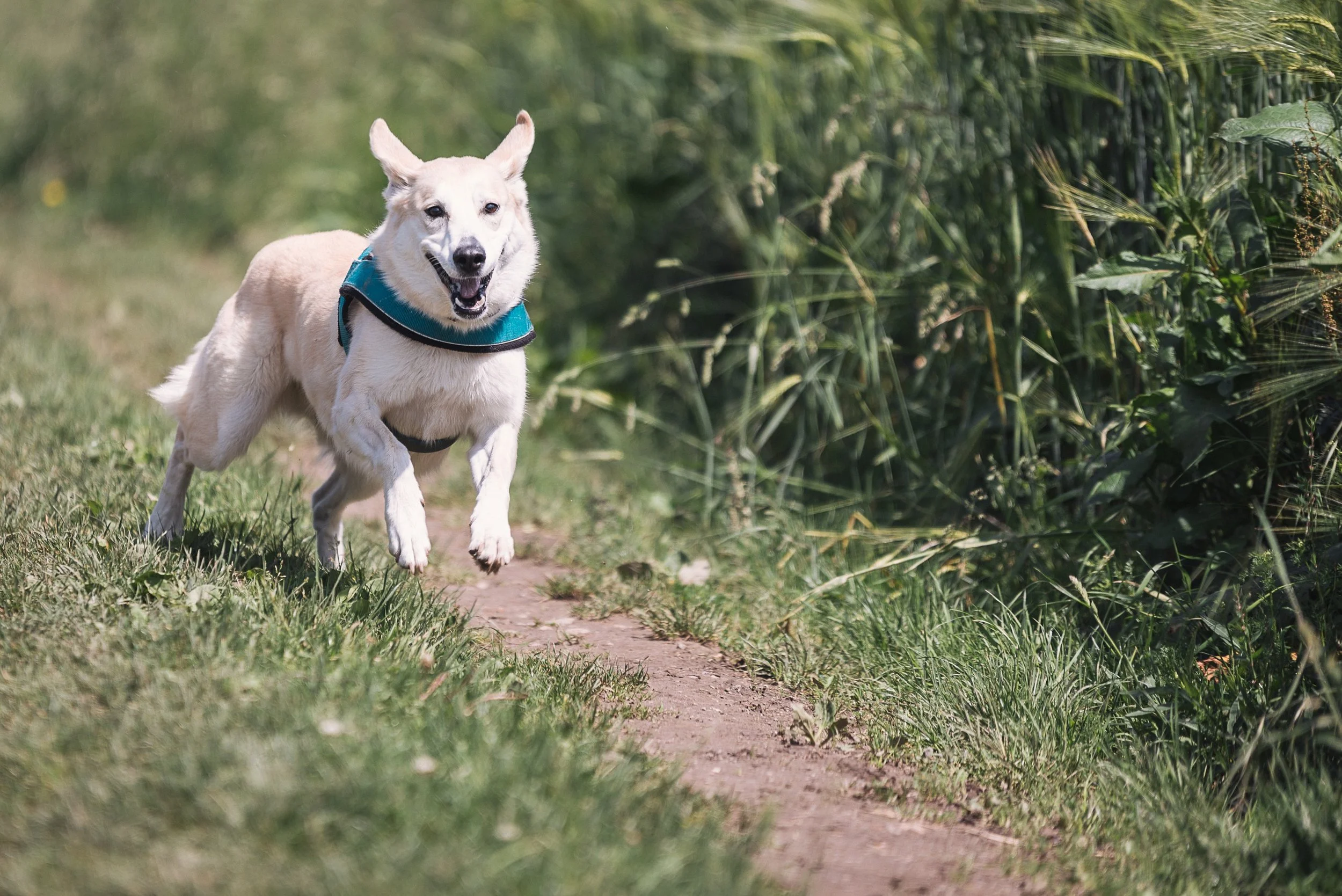How You Train Matters More Than What You Train
/At Good Doggy Saratoga, we use Progressive Reinforcement as our training method. That link describes what that is, but let's talk about why it's what we do.
There are a lot of reasons, but here are a few highlights:
- Progressive Reinforcement is the most scientifically supported method
- The methods result in happier dogs
- The results take less time
Let's take some time to explore each of these.
The Science
Compulsion trainers will be some of the first to point out that punishment is scientific. Two of the four quadrants of Skinner's Operant Conditioning model are punishment, right? And that's true, but it ignores two things: Behavioral Science didn't end with Skinner's development of the Operant Conditioning model in 1937, and Skinner himself gave us many reasons to eschew the unnecessary use of aversive techniques.
Even if we accept for a moment that punishment and reinforcement methods have equal efficacy (they don't), Skinner's seventy-year-old experiments can still give us a good reason to avoid the application of aversive techniques. By definition, aversive stimuli are avoided by the subject, but what's even more important and interesting is that the subject learns to avoid as best they're able the source of the aversive stimulus as well. If your boss frequently yells at you, you likely don't spend much time around them if you can avoid it. This is something that has been well documented in strict behaviorism for seven decades, and built upon by the works of great researchers like Premack, Panksepp, and more. And while subjects avoid the source of punishment, it' a two sided coin. In other words...
Happier Dogs
When we train our dogs using the things they want most, they want to be with us more. That should seem pretty self-evident, but it's worth saying. A common misconception is that that means you have to use cookies and treats. If that's what your dog wants most (and it often is), great - use 'em. If not? They are living creatures with emotions. They want something. Use that!
Dogs trained this way are excited to perform. They see the cues that a training session is about to start and they light up. They'll offer behaviors not yet under stimulus control in an eager attempt to see if "Maybe this'll work!" It's one of the most fun parts about my job is to watch these reactions. Many dogs view me as "treat man" and don't stop smiling the whole time I'm in the client's house. Once you've seen this in action, you'll never want to do it any other way. I've seen dogs cower from their humans who haven't even hit them or physically abused them in any common sense of the term - but because compulsive punishment techniques have been used, the dogs have a general fear or anxiety about training sessions. It's heartbreaking, really.
But not only all that...
It's faster
Because the dogs look forward to working, and because the incremental successes stack up encouraging both dog and handler to keep at it - problem behavior are overcome in less time, and new skills are learned much more quickly. Now, one might be fooled into thinking compulsion could be faster if you're not paying attention - after all, if I push a dog into a sitting position that takes a lot less time than shaping or capturing the same behavior. But the dog hasn't learned the behavior. They've just learned that sometimes I push them around a bit. At best, they kinda like the physical contact. At worst, they find it threatening and I've just hurt the trust bond. This isn't just my own personal interpretation (though all my work does confirm the concept - beware personal bias!), it's a phenomenon that's been studied; dogs trained using positive reinforcement demonstrate a better ability to learn tasks.
All of these reasons are why Good Doggy Saratoga embraces Progressive Reinforcement methods in our training. They're also why other institutions like Guide Dogs for the Blind, MSA Security (who train bomb-detection dogs for the US Government), and even the American Veterinary Society of Animal Behaviorists fully embrace reward-based training techniques and eschew punishment whenever possible.
It isn't always easy, but it can be done, and we can help!
Benjamin is the owner of Good Doggy Saratoga. You can follow him on Facebook.
If you liked this article, please like and share below. You can also subscribe to receive blog updates in your email.







